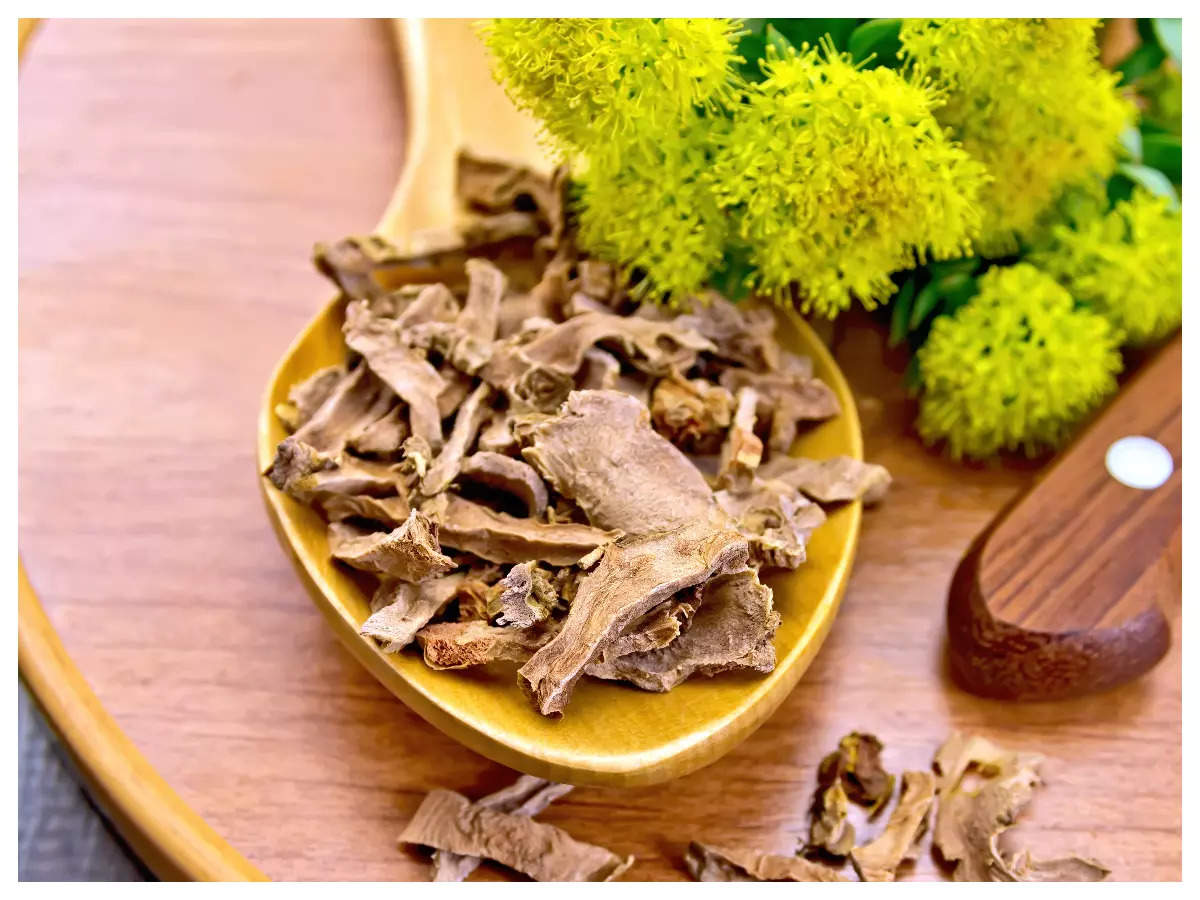Benefits of Rhodiola Rosea
In the realm of natural supplements, rhodiola rosea powder has emerged as a potent contender. This remarkable herb, often hailed as an adaptogen, has gained popularity for its potential to combat stress, enhance mood, and boost energy levels. However, like any other supplement, it's essential to delve into the potential side effects that might accompany its benefits. In this blog, we will take a comprehensive look at the side effects of Rhodiola Rosea, ensuring you're well-informed before incorporating it into your wellness routine.
What is Rhodiola Rosea?
Best rhodiola rosea powder is an herb that grows in the cold, mountainous regions of Asia. Its roots are considered adaptogens, meaning they help your body adapt to stress when consumed. Rhodiola is also known as arctic root or golden root. Its scientific name is Rhodiola rosea. Its root contains more than 140 active ingredients, with the salidroside.
Side Effects of Rhodiola Rosea
While Rhodiola Rosea offers numerous benefits, it's important to acknowledge that it might not be suitable for everyone. Let's explore some potential side effects:
1. Gastrointestinal Distress
Some individuals may experience gastrointestinal discomfort, including symptoms like nausea, stomach cramps, and diarrhea. These effects are usually mild and tend to subside as the body adjusts to the supplement.
2. Sleep Disturbances
Rhodiola Rosea's stimulating properties can impact sleep patterns, leading to difficulties falling asleep or maintaining restful sleep. If you're sensitive to stimulants, it's advisable to take this supplement earlier in the day.
3. Allergic Reactions
As with any natural substance, allergic reactions are a possibility. If you experience hives, itching, or swelling after consuming Rhodiola Rosea, discontinue use immediately and consult a healthcare professional.
4. Interactions with Medications
Rhodiola Rosea might interact with certain medications, such as antidepressants or blood thinners. It's crucial to consult your healthcare provider before adding this supplement to your regimen, especially if you're taking prescription medications.
5. Manic Episodes (Rare)
In rare cases, excessive consumption of Rhodiola Rosea could lead to manic episodes, characterized by heightened energy, impulsivity, and irritability. If you have a history of bipolar disorder or similar conditions, exercise caution.
6. Autoimmune Diseases
Rhodiola might stimulate the immune system. This might worsen autoimmune diseases, such as multiple sclerosis (MS), rheumatoid arthritis (RA), and others.
7. Pregnancy and Breast-Feeding
There isn't enough reliable information to know if rhodiola is safe to use when pregnant or breast-feeding. Stay on the safe side and avoid use.

What is the best form of Rhodiola Rosea?
Natural rhodiola rosea from fruit has been “undisputedly demonstrated” to be the most effective form of the ingredient for a variety of health benefits, according to a new review. YANGGE BIOTECH rhodiola rosea extract factory been tested by the GMP and received the GRAS designation. it's vegan-friendly. Contact us by email: info@yanggebiotech.com
References:https://www.webmd.com/vitamins/ai/ingredientmono-883/rhodiola
https://www.mhanational.org/rhodiola-rosea
https://www.healthline.com/nutrition/rhodiola-rosea
https://www.nccih.nih.gov/health/rhodiola
Send Inquiry
Related Industry Knowledge
- Hericium Erinaceus: Unlocking the Potential of the Lion’s Mane Mushroom
- Deep Sea Cod Collagen Peptide: The Ultimate Beauty and Wellness Solution
- Beetroot Red: The Nutritional Powerhouse You Need
- Best Fermented Cod Liver Oil Benefits
- Laminaria Digitata Extract for Clogged Pore and Cosmetics
- Sorghum Flour: The Gluten-Free Recipe
- Gardenia Blue Extract: A Natural Choice for Vibrant Color
- what are the benefits of drinking chlorophyll everyday
- Creatine vs CaHMB: The ultimate showdown for muscle gain, who has the advantage?
- Gardenia Yellow: Nature's Sustainable Dye Solution



